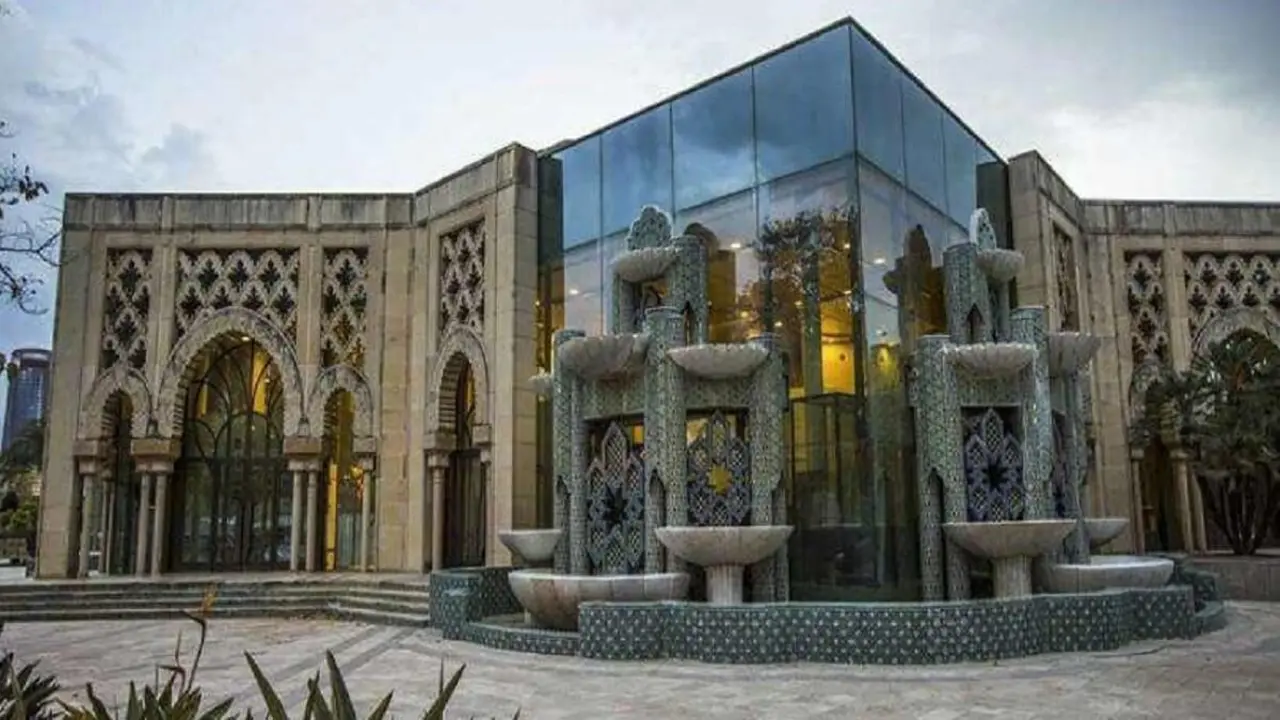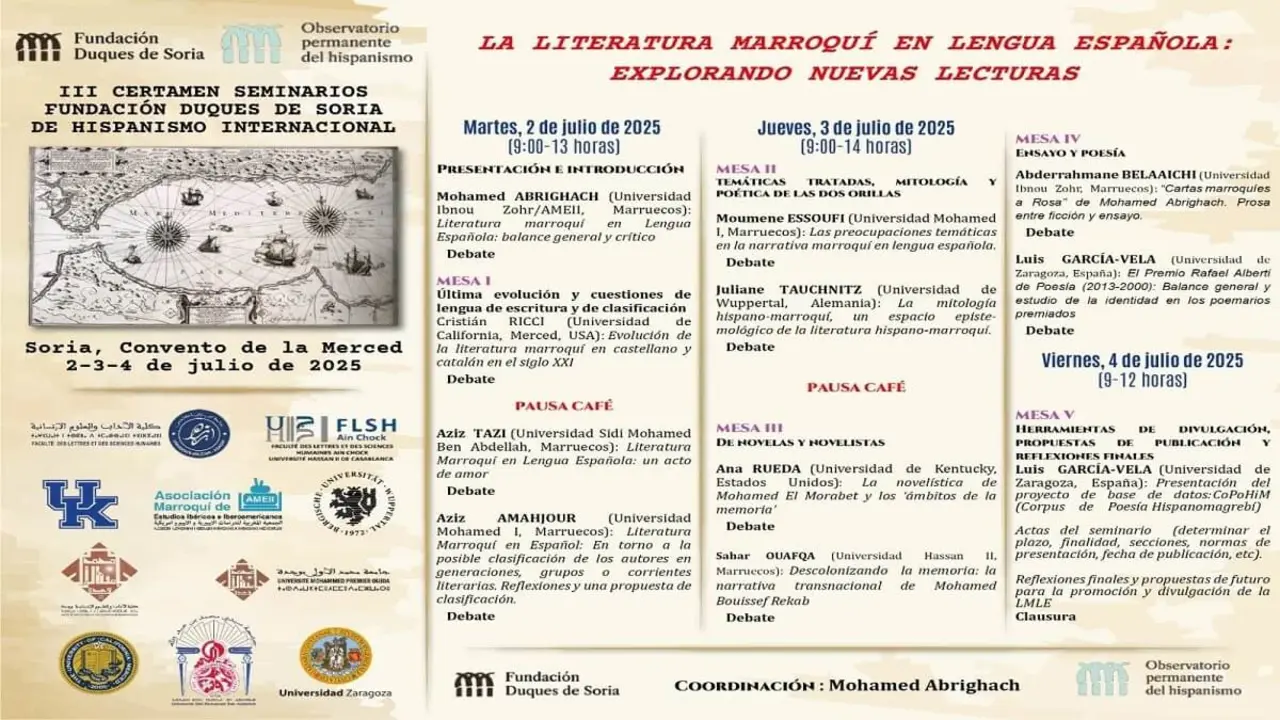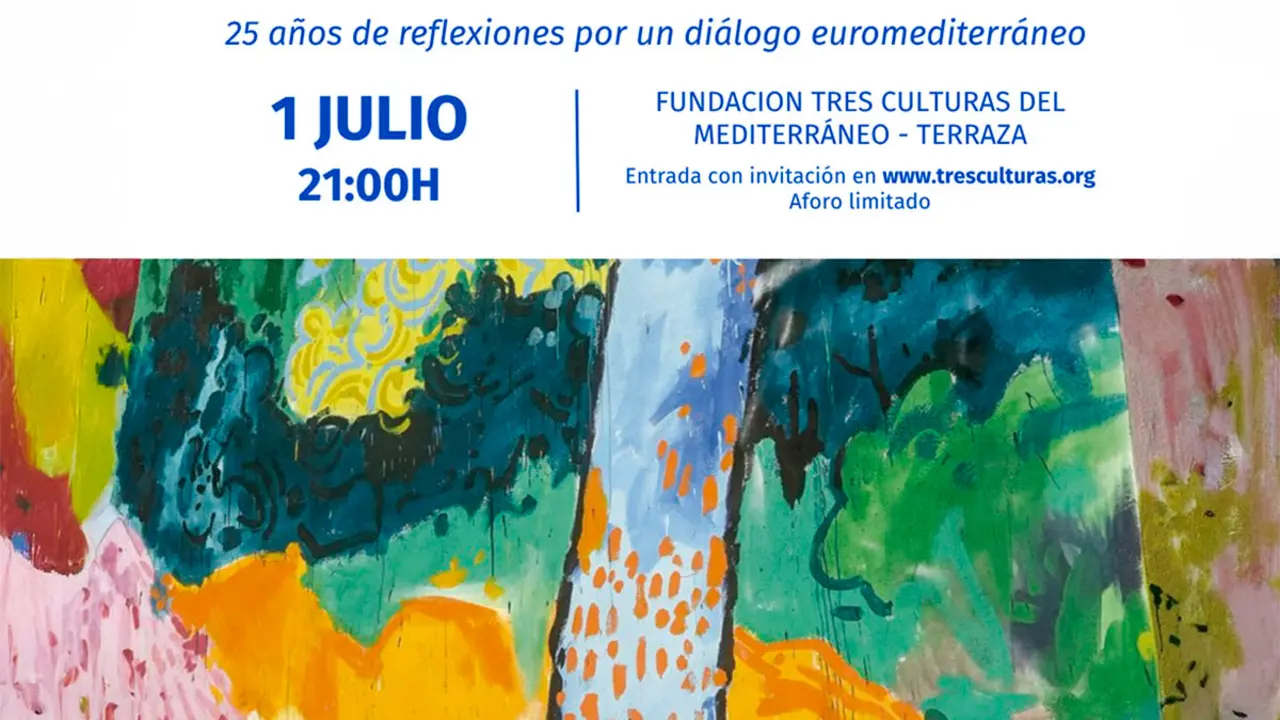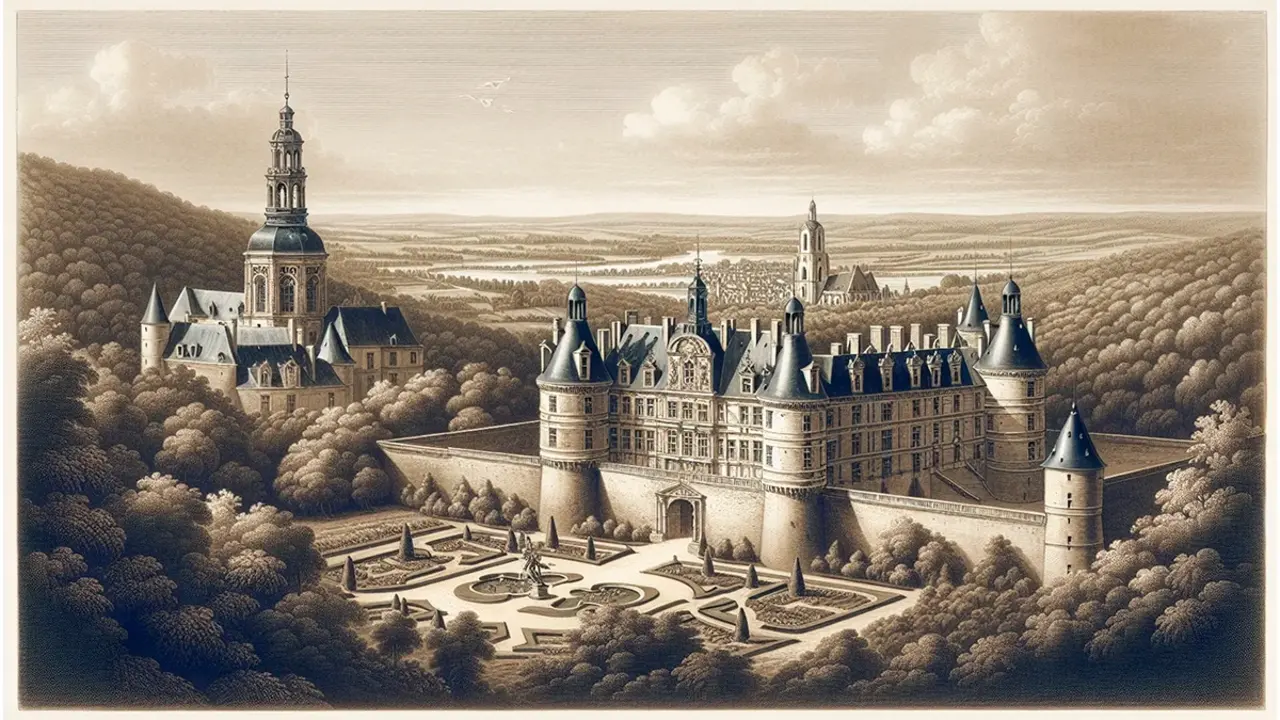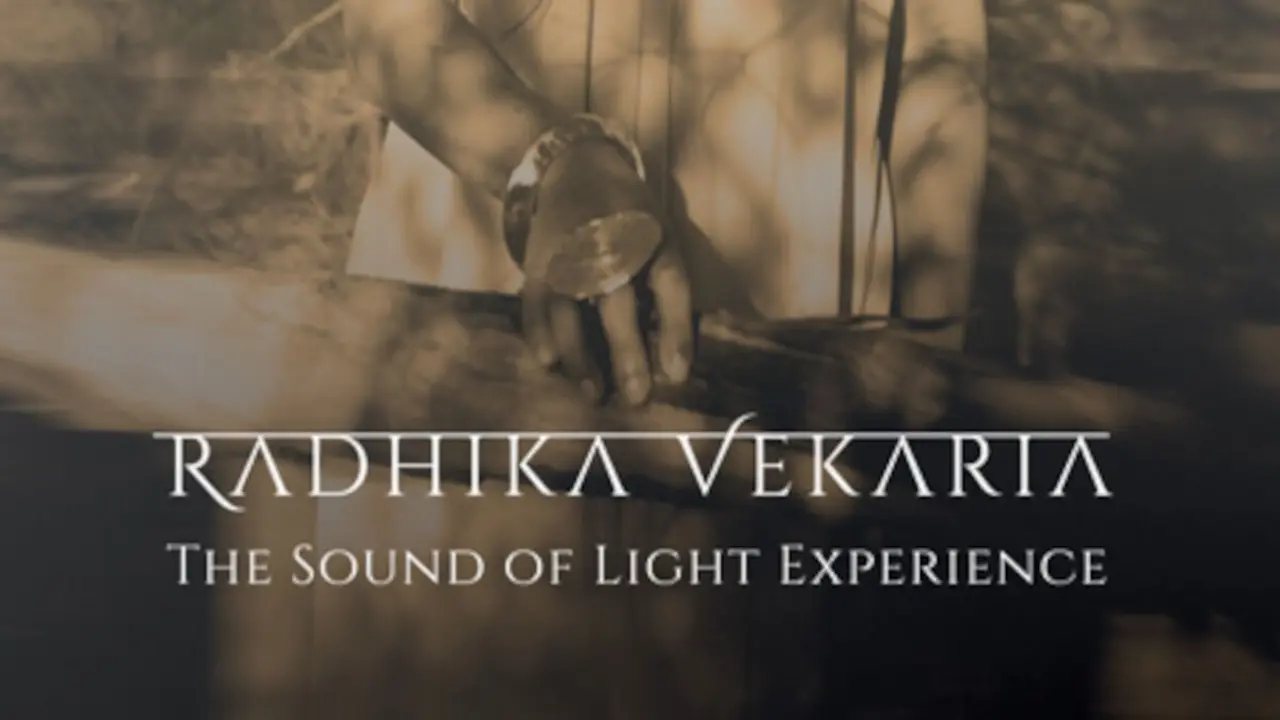Morocco: culture as a representation of the Kingdom's identity and history
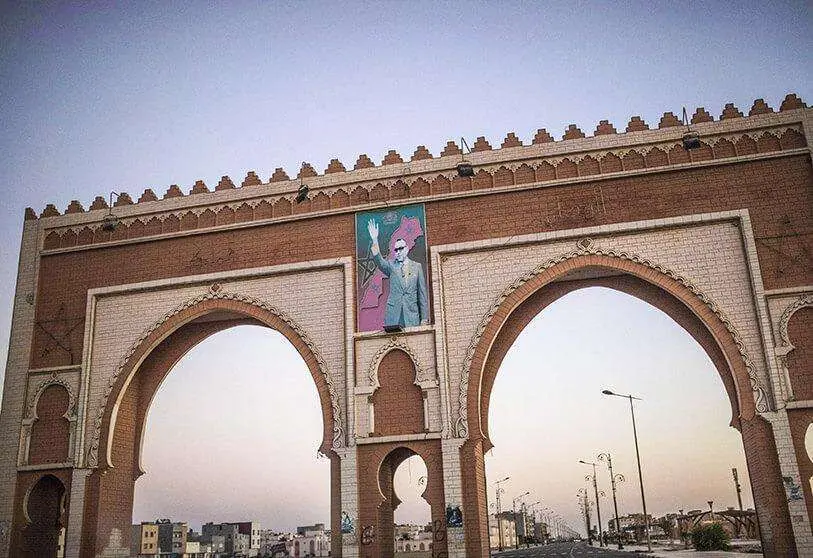
The cultural sector in its various sections is no longer isolated from economic and development dynamics, as the cultural sector is now at the top of the concerns of countries that want to enhance their heritage as a soft power, such as creativity and innovation. Thus, Morocco, which has undertaken in recent years and continues to consolidate in its current and future directions, does not want to be less. b
In addition, the minister will launch in the coming weeks a strategy targeting tangible heritage. This plan aims to create public activation in all regions of the Kingdom, stressing that it will be an opportunity to open up to companies interested in investing in this field. Bensaid's statement came in response to an oral question in the House of Representatives, adding that, with regard to the film sector, Morocco has an important infrastructure, stressing that work will be done to facilitate access to this city and link it with other regions by increasing the volume of investments.
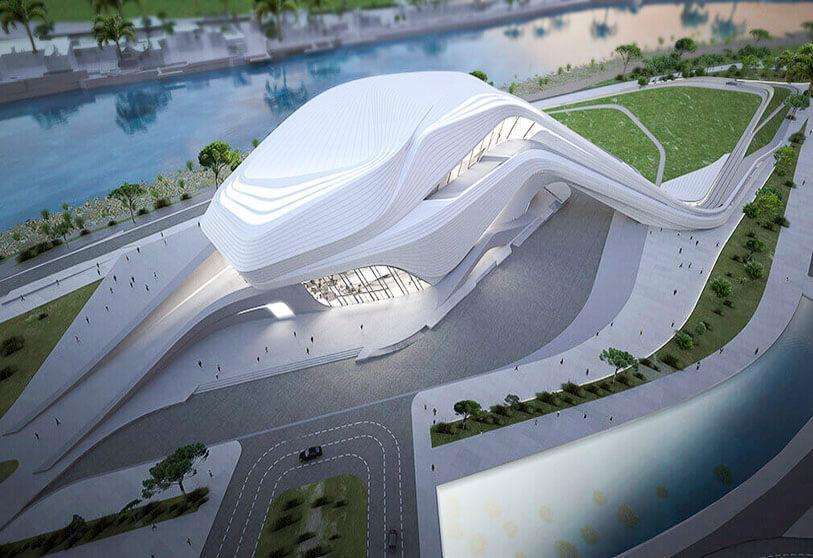
In response to the Chamber of Deputies, the minister emphasised that support for theatres in 2022 will amount to approximately $3.8m, which in addition to support for the theatre included an initiative in the amount of $1.9m, in addition to the measures allocated in the ministry's draft budgets in the amount of $1.1m. Moroccan writer and researcher Slimane al-Qurashi stressed that what the Culture Minister said is part of the government's plan, which emphasises the need to promote cultural and creative industries, the value of the human element and improve its conditions at all levels because it is an important priority.
The Moroccan Ministry of Culture is also aware of the importance of heritage, especially after the restructuring of the Directorate of Cultural Heritage in 2006, in line with the implementation of the International Convention for the Preservation of Heritage. In this context, the researcher pointed out that what the national football team achieved during the World Cup in Qatar falls from his point of view in the context of the priorities set by the government to promote the cultural and creative industry, and its significant impact on the image of the Kingdom of Morocco. Al-Qurashi explains that heritage is the true mirror that reflects the culture of society, as it is the record of peoples that links their past to their present.

The Moroccan Ministry of Culture emphasised the promotion of cultural industries, whether related to books, film, cinema, theatre or heritage, working to attract investors to contribute to economic growth and state finances, as the government is keen to convince investors that making profits is not limited to investing in real estate or infrastructure, but can include areas in which human beings play a fundamental, central and creative role, which represents the basis of the work of the culture, communication and youth sectors. He stressed that his ministry will work to defend, strengthen and recognise Moroccan heritage nationally and internationally.
Morocco has historically placed great emphasis on heritage, beginning with the Law on the Protection of Historical Monuments and Inscriptions of 29 November 1912, and ending with the Law on the Protection, Conservation and Development of Cultural Heritage. The model of the Kingdom of Morocco has been known since antiquity for its location at the crossroads of the Mediterranean basin and the Atlantic Ocean, Africa and the European continent. The heritage and integration of civilisations has created a strong cultural heritage, and its importance derives from the specificity inherent in the diversity of cultural sources.

Illuminating this commitment, which Morocco has always affirmed and is working hard to implement, Slimane Al-Qurashi says: "It is framed by the royal vision that is proud of the past, interested in the present and forward-looking, here I refer, by way of representation but not limited to, to the royal message addressed by King Mohammed VI of Morocco to the participants in the 17th session of the Intergovernmental Committee for the Safeguarding of the Intangible Cultural Heritage organised by UNESCO in Rabat on twenty-eight November 2022, in which he announced the creation of a national centre."
The axes of the action plan for the cultural sector include overcoming spatial gaps in the coverage of the national territory with local cultural institutions throughout the country, the requirement to activate new development models in the field of culture and the development of a targeted cultural strategy, improving the integration of national policies and programmes and defining the main directions and choices.

